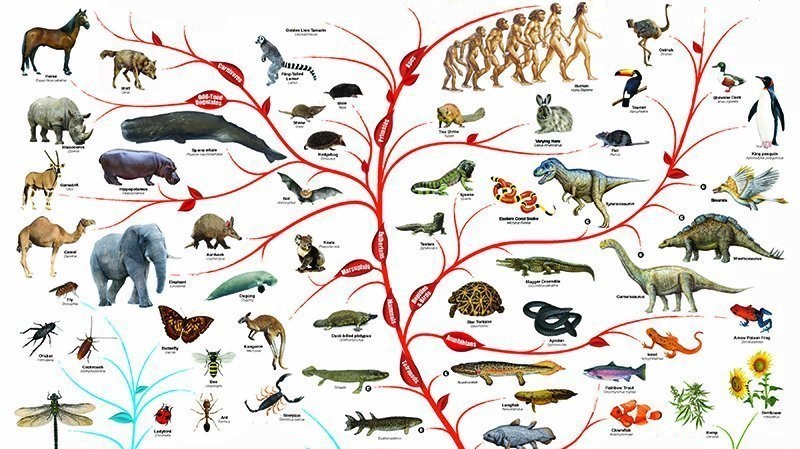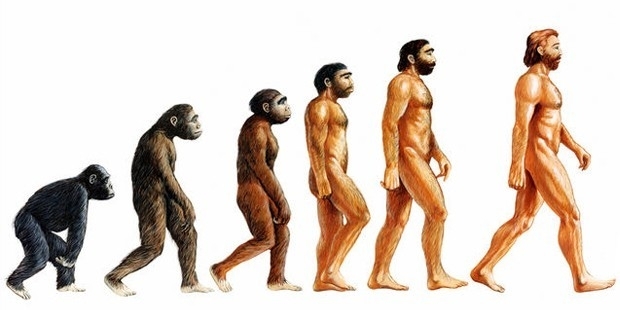What is evolution?
Evolution is the process by which living organisms change and adapt over time, usually through the process of natural selection. It is a key concept in the field of biology and is supported by a vast amount of scientific evidence.
Here is a brief overview of how evolution works:
Over time, small changes or mutations occur in the DNA of living organisms. These changes can be passed down from one generation to the next.
Some of these changes may give an organism an advantage in its environment, making it more likely to survive and reproduce. These traits are passed down to the next generation.
Over many generations, the population of organisms changes as the traits that give them an advantage become more common. This process is known as natural selection.
Over long periods of time, the accumulation of these small changes can lead to the development of new species.
Evolution helps to explain the diversity of life on Earth and how different species are related to one another. It is a central concept in the study of biology and is supported by a vast amount of scientific evidence.
How were humans created?
Human evolution refers to the process by which human beings have developed and changed over time. Like all living organisms, humans have evolved through the process of natural selection, in which traits that give an organism an advantage in its environment become more common over many generations.
The human species, Homo sapiens, evolved from a group of primates known as the hominids. The earliest known hominids lived about 6 million years ago, and over time, various hominid species developed characteristics that were more adapted to a terrestrial (land-based) lifestyle, such as walking upright on two legs (bipedalism).
One of the key characteristics that distinguishes Homo sapiens from other hominids is the development of a larger brain, which allowed for the development of language, abstract thought, and the creation of complex societies.
Human evolution has continued to the present day, and humans continue to adapt to their environment through a variety of genetic and cultural processes. However, the pace of human evolution has slowed significantly in recent history due to advances in medicine and technology that have allowed humans to survive and reproduce even if they have traits that would have been disadvantageous in the past.


Nice article.
Many people misuse the term "evolution" and use it to describe any change.
They might say something like: I evolved when when I learned about crypto. I like to see articles that use the term in its correct sense which refers to changes over generations.
!BEER
Yes, although if I were them, I would emphasize that evolution occurs to populations and not to living organisms, because the last one could give rise to the misconception that biological evolution is like the evolution of pokemon.
Interesting read. Can you provide some sources for some specific details in the content of this post?
The first picture I remember was used by Kent Hovind during an infamous debate where he was told that that diagram may not represent evolution well. In fact, that's known for sure about the second picture you have (the march of progress). It is nowadays considered misleading, since it doesn't portray the human evolution well. Among other things, the evolution isn't linear and it doesn't end with a Caucasian as a more evolved being.
I don't understand exactly which information you are asking for proof, if you are talking about the part about Homo sapiens, they first appeared in Africa, it is thought to have spread all over the world from there, you can easily find it with a simple search on the internet.
Better documented posts deserve a better curation. Also, you're reader may feel more confident about what you're saying if they see a reputable source where they can check out the fun facts and maybe learn more.